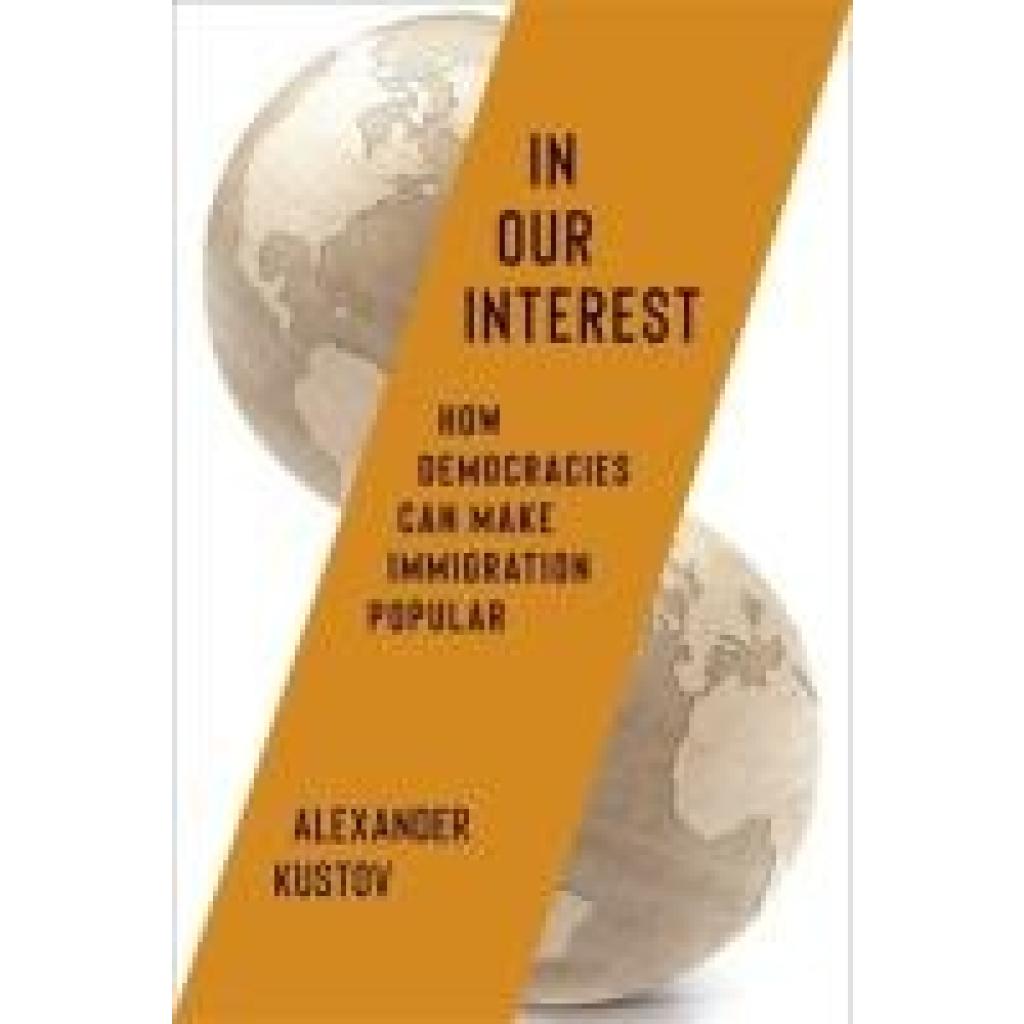The economic benefits of increased immigration are potentially massive many experts say. The
United States and other wealthy countries however have put up barriers against even the
highest-skilled foreign workers. Such choices reflect public opinion which typically favors
stringent restrictions. Under what conditions do voters in affluent democracies back higher
levels of immigration? How can advocates build support for pro-immigration policies? In this
data-driven counterintuitive book Alexander Kustov argues that showing people how immigration
benefits them and their fellow citizens can lead to greater acceptance of more open policies.
Looking beyond the stereotype of xenophobic voters he identifies people's genuine concern for
their compatriots as a key driver of attitudes toward immigration. Using extensive
cross-national surveys and experiments this book demonstrates that people are willing to bear
costs to benefit others--but they prioritize helping their fellow citizens. Voters tend to
oppose freer immigration because they believe it threatens the well-being of their communities
but they can be persuaded to support it if they see the outcomes of immigration policies as in
their interest. Through in-depth comparison of Canada and Sweden Kustov shows why pragmatic
approaches that focus on attracting skilled needed workers are more effective than
humanitarian appeals and policies. Offering a realistic path forward that meets voters where
they are In Our Interest provides a new optimistic perspective on the political prospects of
pro-immigration reforms.



